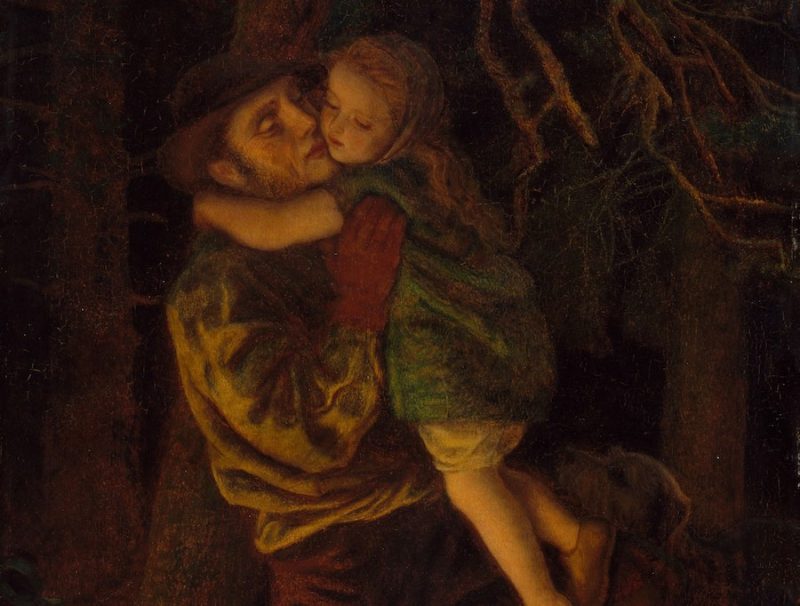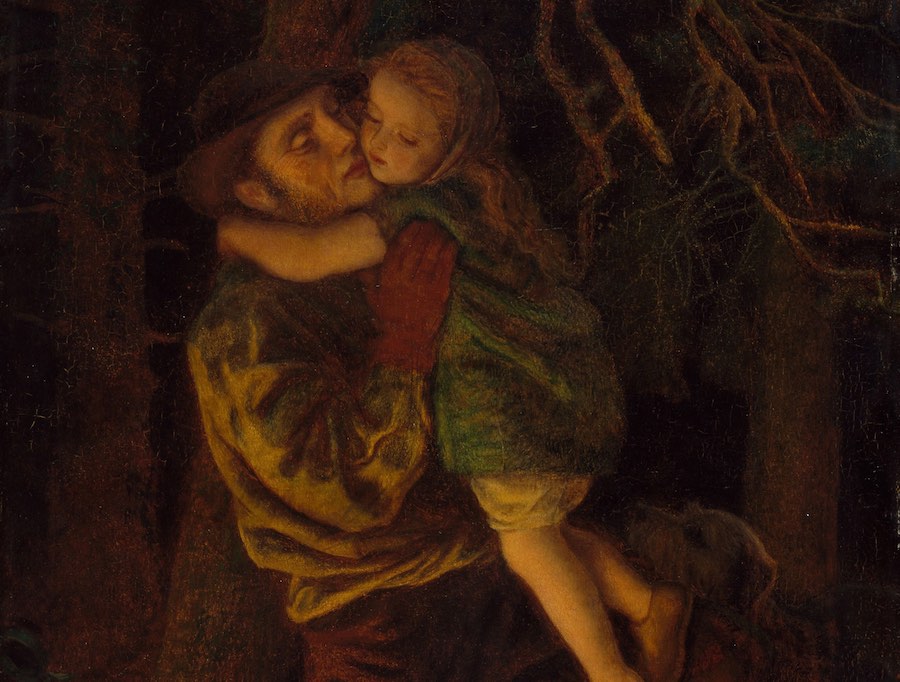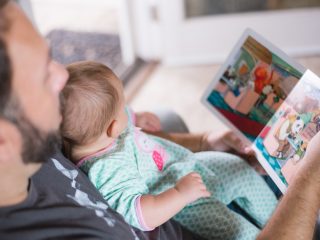
When I was young, my favorite parent was my father. Shocker, I know—you’ve read the title. But it was true. My father was the storyteller, the game maker. He would teach me about history but tell it as if it was a fairytale. He was charismatic and he knew it (I used to hear about how popular he was in high school). My pedantry, my need to voice my opinion and have my story heard, that’s what pushed me into being a writer, and that was all him. I have a lot to owe.
When you’re young, your parents are infallible until they’re not. They’re the only ones you know, you can’t help it. I loved my father even though he was barely around—his work as a businessman meant he was always traveling, and by the time I was 11, he was mostly based in the city he now lives in.
But I think, even then, I could already see shadows of who my father was. The midday sun retreating from my mother’s face as we watched him on TV speaking about his charity. The screaming. The anger. The vase he broke, the TV he broke. The pyramid-shaped scar on my navel.
As I grew older, the more I saw that he was a deeply sad man. “The problem with you is that you have no friends,” my mother once told him in anger. (By that point, they stopped trying to hide their problems from us.) As his marriage fell apart, he’d spend nights smoking in the room he used to share with my mother. Sometimes he would play Nat King Cole’s “I Love You For Sentimental Reasons.” I still can’t listen to that without wanting to cry.
I hated him. I took on the role of my family’s protector—even then, I saw my family being made up of me, my brother and my mother—and I would butt heads with him all the time. Whenever he would try to throw my mother out of our ancestral home, I would pitch a fit or scream, or whatever the intellectual version of that was. I’ve spent most of my teenage years wanting him to hurt so badly for what he did to my family, the details of which still feel too raw now.
I joke about my dad walking out of my family’s life, but that’s not quite true. He didn’t walk out—he threw us out. He cared more about giving his wife one final blow than he did about the welfare of his children. It felt like there was so much poison in him that he only ever wanted to spread. My brother is still traumatized about losing the only home he’d known in one day. For that, and what he did to my brother after, I can’t ever forgive him.
Things are calmer now. I genuinely think my parents are much better apart than together (hey Philippines, when are you going to legalize divorce? Just asking). But I don’t have it in me to rebuild any kind of relationship with him. There’s too much hurt there, too much toxicity that we can’t walk back from. He was such a bad person to the people I love that I can’t see him as anything other than that. Heck, I’ve spent so much time trying to protect the people I love that I have a hard time seeing him as anything other than the bad man that tried to hurt us.
I don’t see my father much now. Maybe just one or two days a year. We hardly ever call or text—and when it happens, our conversations are short and awkward. He doesn’t greet me on my birthday and I barely remember to greet him on his. I still feel estranged from my father’s side of my extended family, who I might forever hold complicit.
I think I’ll always hold him at a safe distance. But I also think I’ll always miss the father I thought he was when I was little.
“Happy father’s day, dad,” I texted my father today. “Thank you Aya,” he wrote back. Baby steps.
Photo from Unsplash
Follow Preen on Facebook, Instagram, Twitter, YouTube, and Viber
Related stories:
Unpacking the ‘bad father’ trope in pop culture
Pandemic parenting chronicles from 4 Filipino moms
So, can parents be friends with their children?
Parents, take notes一here’s how you can homeschool your kids in quarantine


